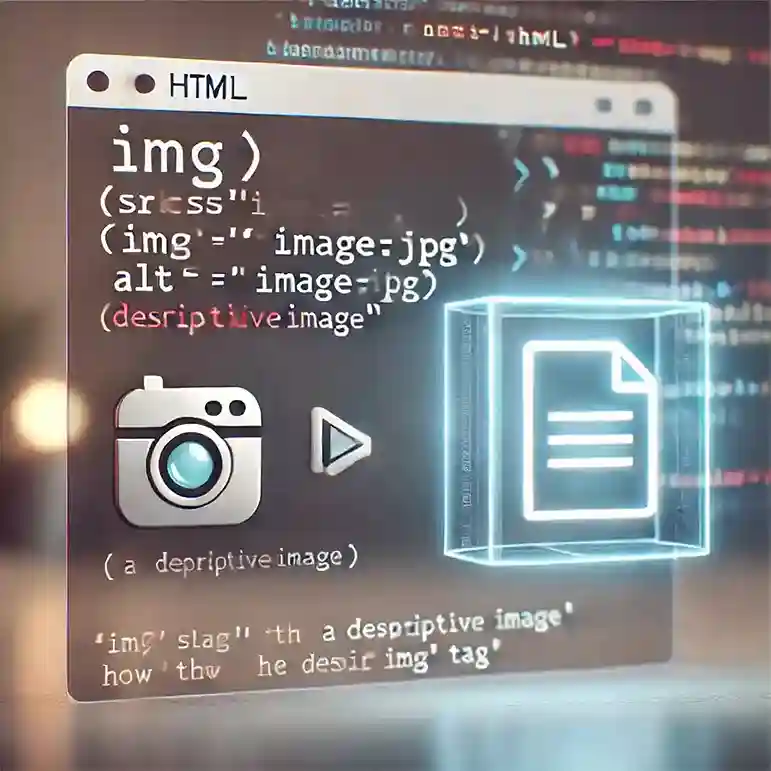Top 10 Recommended Books for Machine Learning
Top 10 recommended books for machine learning and data science beginners

Top 10 Recommended Books for Machine Learning
Machine Learning (ML) is a constantly evolving field that requires both theoretical understanding and practical skills. Whether you’re a beginner exploring the basics or an expert refining your algorithms, reading the right books can significantly accelerate your learning journey. Here’s a curated list of the top 10 recommended books for machine learning that every data enthusiast should read.
1. “Pattern Recognition and Machine Learning” by Christopher M. Bishop
A foundational book that combines mathematical rigor with practical insights. It covers probabilistic models, graphical models, and Bayesian methods.
Why Read It: Ideal for understanding the theoretical backbone of ML.
2. “Hands-On Machine Learning with Scikit-Learn, Keras, and TensorFlow” by Aurélien Géron
A practical guide focusing on Python-based implementation of machine learning and deep learning.
Why Read It: Best for developers who want hands-on experience building ML models.
3. “Machine Learning: A Probabilistic Perspective” by Kevin P. Murphy
A comprehensive textbook covering probabilistic and Bayesian approaches to ML.
Why Read It: Excellent for understanding statistical foundations and advanced ML theory.
4. “Deep Learning” by Ian Goodfellow, Yoshua Bengio, and Aaron Courville
One of the most authoritative books on deep learning, written by pioneers in the field.
Why Read It: Perfect for mastering neural networks, optimization, and modern AI architectures.
5. “The Elements of Statistical Learning” by Trevor Hastie, Robert Tibshirani, and Jerome Friedman
A must-read classic that bridges statistics and machine learning concepts.
Why Read It: Offers deep insights into regression, classification, and model selection techniques.
6. “Python Machine Learning” by Sebastian Raschka and Vahid Mirjalili
A practical and modern guide for implementing ML algorithms using Python libraries.
Why Read It: Focuses on model building, data preprocessing, and algorithm optimization.
7. “Introduction to Machine Learning with Python” by Andreas C. Müller and Sarah Guido
This book simplifies complex ML concepts with practical Python examples using Scikit-learn.
Why Read It: Perfect for beginners who want to learn step-by-step model building.
8. “Machine Learning Yearning” by Andrew Ng
A concise, conceptual guide that focuses on building ML projects effectively.
Why Read It: Teaches how to structure ML systems, handle errors, and design experiments.
9. “Bayesian Reasoning and Machine Learning” by David Barber
A deep dive into Bayesian methods and probabilistic graphical models.
Why Read It: Excellent for researchers or students focusing on uncertainty and inference.
10. “Practical Deep Learning for Coders” by Jeremy Howard and Sylvain Gugger
A hands-on book that uses PyTorch and the fast.ai library to teach deep learning intuitively.
Why Read It: Great for developers looking to apply deep learning in real-world projects.
Bonus Recommendation:
“Artificial Intelligence: A Modern Approach” by Stuart Russell and Peter Norvig
Though not exclusively about ML, it provides the broader AI context and foundational concepts necessary for advanced learning.
Final Thoughts
Choosing the right book depends on your goals—whether it’s theory, coding, or applied AI. Start with beginner-friendly titles like Hands-On Machine Learning and Introduction to Machine Learning with Python, then progress toward advanced works such as The Elements of Statistical Learning or Deep Learning by Goodfellow.
Reading consistently, along with practical experimentation, is the key to mastering machine learning.